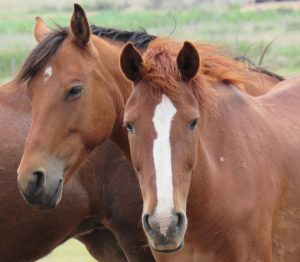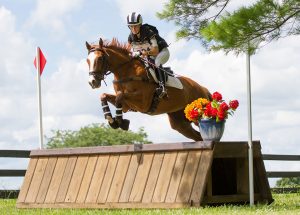 Many horse people shy away from consulting an attorney when they engage in a business matter, such as starting a boarding barn or selling a horse. It’s often only after a problem reaches the level of a lawsuit that horse people contact an attorney to see what can be done. I offer preventive equine legal services to horse people so you can take the necessary steps to reduce the chance of a lawsuit.
Many horse people shy away from consulting an attorney when they engage in a business matter, such as starting a boarding barn or selling a horse. It’s often only after a problem reaches the level of a lawsuit that horse people contact an attorney to see what can be done. I offer preventive equine legal services to horse people so you can take the necessary steps to reduce the chance of a lawsuit.
My skills as an attorney, integrated with my experience as a professional horsewoman, allow me to work with you to create the peaceful, enjoyable, professional, and profitable horse environment you want. For instance, I can prepare and file forms that incorporate a boarding facility or nonprofit rescue organization, write boarding agreements that help minimize “barn drama,” draft purchase and sales contracts, and create documents that help communicate your expectations to riding and training clients.
 Here are the most common types of equine business legal services I provide:
Here are the most common types of equine business legal services I provide:
• Business formation – profit and nonprofit
• Business subscription services
• Boarding contracts
• Liability forms
• Sales contracts
• Training contracts
• Lesson contracts
• Employment contracts
• Breeding contracts
• Lease agreements
• Property rental agreements for shows and clinics
• Horse syndication contracts
• Hauling release and waivers
I work with individual horse owners, professionals who offer training and other equine services, owners of multi-horse facilities, and individuals wanting to start a horse business, including nonprofits. Because I offer web-based legal services, I am able to offer legal solutions that are more convenient and affordable than many attorneys can provide — solutions that allow you to spend more time with your horse and less time driving to a legal office.
 Here are a few examples of common situations almost every horse person has encountered at some point, and the ways preventive equine legal solutions can keep the peace.
Here are a few examples of common situations almost every horse person has encountered at some point, and the ways preventive equine legal solutions can keep the peace.
• A frequent cause of conflict at a boarding facility is whether boarders and their guests and/or family members are required to wear riding helmets, and when they must have them on. Boarders and barn owner alike need to know in advance whether it’s acceptable in that particular community for a parent to make the sole decision about putting a child on a friend’s horse “just for a moment” without a helmet, for example. A well-designed plan, communicated clearly and in simple, plain-English writing, can impact everything from a rider’s experience to the barn owner’s insurance rate.
• Sometimes it’s the horses who behave in ways that inadvertently generate conflict. If a boarder’s horse escapes its stall and eats the expensive dietary supplements of another boarder’s horse, for example, a bitter argument can ensue about who pays to replace the eaten supplement. Does the barn owner reimburse the cost, does it fall on the owner of the horse who did the eating, or is it the responsibility of the owner who stored her horse’s supplements in the barn aisle instead of the feed room? A simple written policy that spells out where boarders are to store supplements and other feedstuffs, with the written stipulation that violation means the boarder is responsible for the cost of replacing damaged or eaten food, prevents that kind of dispute.
Contact me today to learn how I can help with your equine business legal matters.